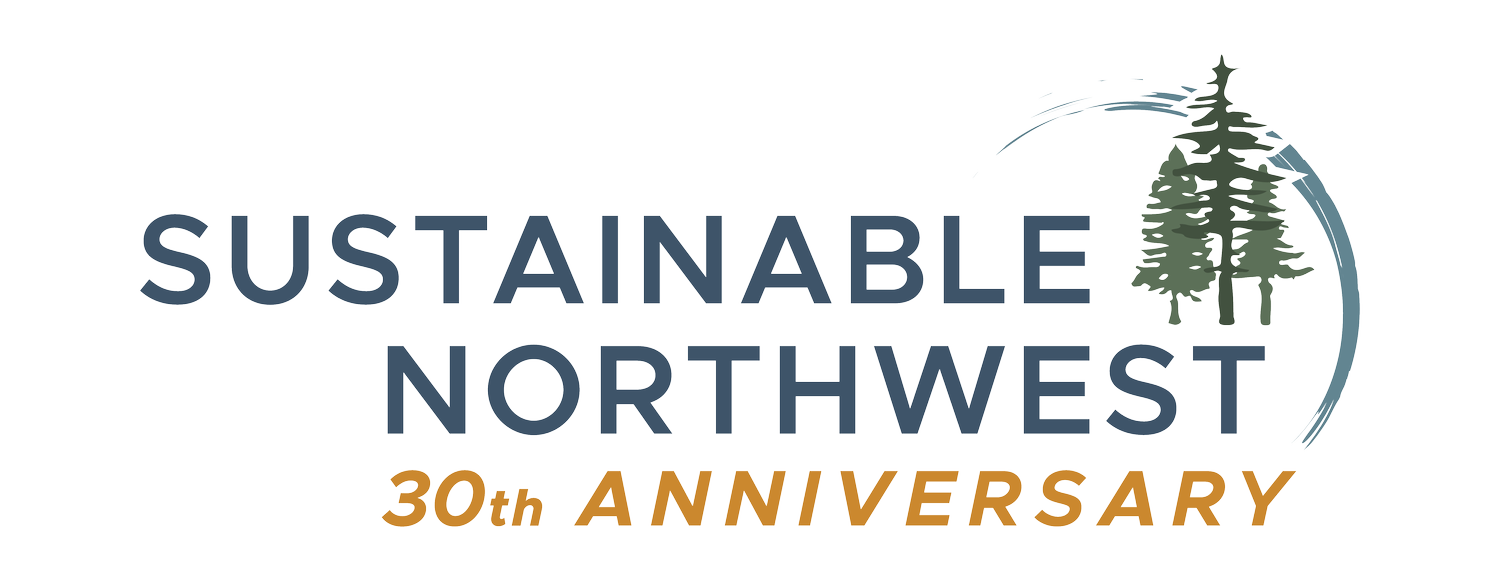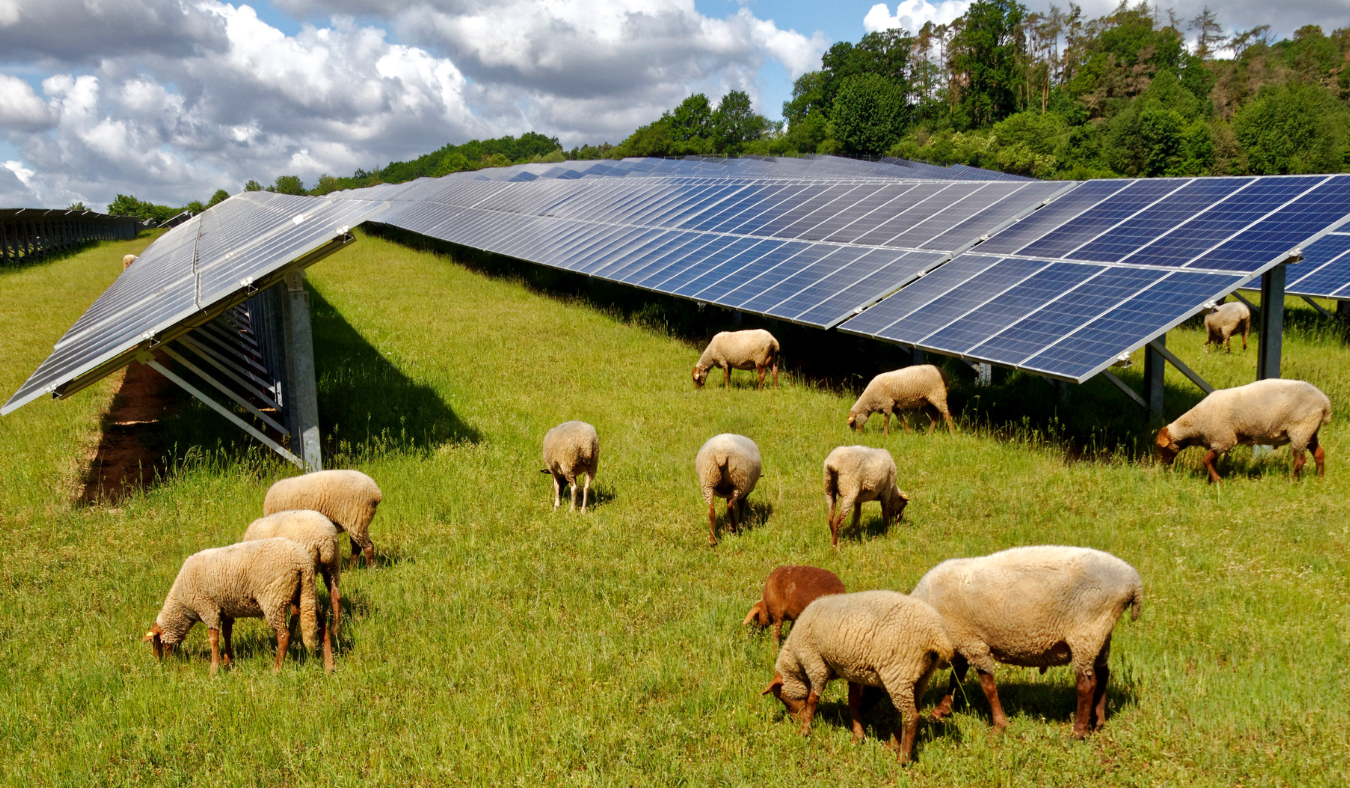Wildfire Resilience
Sustainable Northwest advocates for policies and actions to improve forest health and reduce wildfire risks to our communities. We are one of the only regional non-governmental organizations with a wildfire program and an advocacy platform.
ARE YOU A PRIVATE, SMALL FOREST LANDOWNER THAT WAS IMPACTED BY THE 2020 LABOR DAY WILDFIRES?
Is your forested land within the fire footprint of the Riverside, Dowty Road, Wilhoit Springs, Unger, Lionshead, Beachie Creek, Archie Creek,
Holiday Farm, or South Obenchain firescapes?
If you answered yes to both of these questions, you may be eligible to receive post-fire recovery assistance through our Forest Landowner Post-Fire Recovery Assistance Program.
Fire is a keystone process that touches on many values, reduces hazardous fuels and wildfire risk, improves forest and rangeland health, promotes carbon sequestration, maintains culturally important plants and animals for Indigenous peoples and Tribal communities, and improves wildlife habitat.
Deploying healthy fire on a much larger scale remains a necessity for meaningfully addressing uncharacteristic severe wildfire and the risk it poses to our communities.
TAKE A DEEP DIVE INTO MANAGEMENT APPROACHES!
We created a user-friendly storymap illustrating the findings of the peer-reviewed research paper, Adapting Western North American Forests to Climate Change and Wildfires: 10 Common Questions, published in Ecological Applications (December 2021) by a team of well-respected researchers in the fire science field.

KEY PROJECTS
-
Oregon has experienced year after year of record-breaking wildfires, threatening human health in at-risk communities and harming forest ecosystems. The wildfire season is now 78 days longer than it was just three decades ago, and climate change and drought are exacerbating the risks posed by heavy fuel loads in the forest. An expanding wildland urban interface puts more than 107,000 homes in Oregon at risk, an estimated 8% of the State’s housing stock worth $12.7 billion.
Moreover, smoke and air pollutants resulting from catastrophic wildfire pose serious threats to human health, and damages to regional tourism and economic development. Nowhere is this risk more pronounced than the growing communities of southwest Oregon.
The Southwest Integrated Forest and Fire Treatment (SWIFFT) program is an ambitious 2-year public-private partnership to accelerate on-the-ground forest health and wildfire risk reduction treatments adjacent to communities and critical assets west of Medford and into the Applegate Valley.
This collaboration between public agencies, communities, and philanthropy will be an innovative, results-driven model that demonstrates near term benefits, while advocating for replication and increased investments commensurate to the scale of the problem.
-
Recognizing the many documented barriers that continue to prevent prescribed fire implementation, SNW facilitates the Oregon Prescribed Fire Council to collaboratively promote and conserve the fire adapted ecosystems and expand the responsible use of prescribed fire.
SNW also sits on the Management Committee of the Northwest Fire Science Consortium, which connects fire scientists, lands managers, and other practitioners to build shared understanding of fire science information, knowledge, and tools, while increasing researcher understanding of the fire science needs of practitioners.
We are working across scales to bring back good fire as a land management tool that supports safe, healthy communities through smart policy, innovative forest restoration projects, and building bridges between important actors.
Wildfire Resilience Partners













